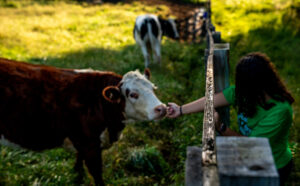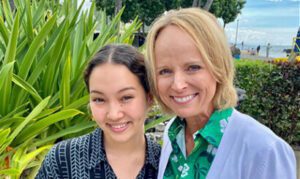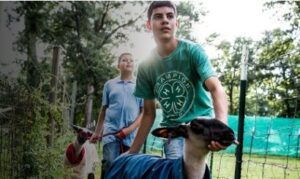Black History Month is not only about celebrating people and their stories, but about highlighting what so many have overcome in order for them to have a story to tell. Instances of discrimination and inequality are key moments in African American history, and those experiences were often a turning point in the personal and professional stories we hear. After all, stories of success aren’t always easy, especially for African Americans.
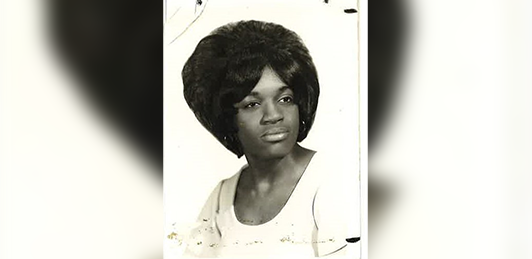
In 1968, Carolyn Williams joined 4-H to cope with the loss of her father. After joining her local 4-H in Palestine, Texas, a diverse rural town in Anderson County, she describes the opportunity as one that “turned all of our lives around.”
Today, Dr. Carolyn Williams is Executive Associate Director of Cooperative Extension* at Prairie View A&M University. Just as her involvement in 4-H became a pivotal moment in her life, she hopes to inspire young people—particularly minority youth—to take advantage of the opportunities available to them through Cooperative Extension.
I was lucky enough to learn more about her experience in a then-segregated 4-H, about how her dreams of becoming a musician evolved into wanting to become an Extension Agent, and about the challenges she faced as an African American woman in academia.
Can you talk a little bit about your 4-H experience?
Carolyn Williams (CW): It was a positive experience. I was kind of shy, so 4-H helped bring me out of my shell. My 4-H agent at the time, who was African American, was very caring. She wanted us to reach our full potential. I inherited the gifts of sewing and cooking from my mom and my aunt, and 4-H was a perfect program for me to focus on those skills.
It seems like your 4-H experience was similar to those of today’s 4-H’ers. Were there any differences between your 4-H journey and those of 4-H’ers today?
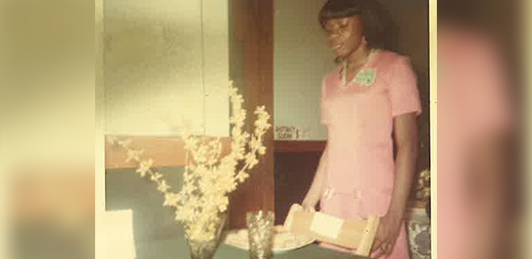
CW: When I was in 4-H our clubs were segregated, so we had black clubs and white clubs. That’s not the case today, but there’s still an opportunity to create more inclusivity. I also didn’t experience programs like National 4-H Congress and Conference, but I appreciate that youth in our communities today have those opportunities.
Can you recall any of your mentors or influences on you while you were growing up?
CW: My mom, who was an amazing woman, as well as my Extension Agent. She made sure we had good posture, enunciated our words, made eye contact, and were confident. We must continue to help our youth today with those soft skills. Many of our current programs help elevate those skills, but we need to do more. We need to show more care and concern while providing programs that help youth grow, improve and advance.
Do you think your 4-H experience influenced your decision to study Home Economics and Education at Prairie View A&M?
CW: My interest in home economics and education started while I was in 4-H. My Extension Agents, as well as agents from other counties, were constantly motivating us. When I finished high school and attended Prairie View, they were still in my life and encouraging me to do well in school, which led me to want to be an Extension Agent. I have a strong background in music—I play the piano and the organ—and I thought I would go that route, however after graduating from high school, I wanted to work for Extension.
I later went on to receive my Ph.D. at Texas A&M in agricultural education, with a focus on leadership and pedagogy, which prepared me for where I am today.
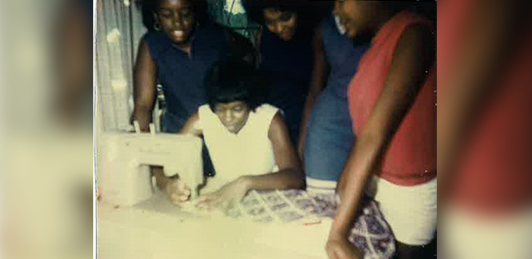
Were there any challenges as an African American woman getting to where you are today, whether it was in school, your collegiate studies, or getting into your profession?
CW: The big word: Discrimination! I applied for several positions during my 19 years of employment prior to returning to Prairie View. I knew I was qualified for those positions, but I only received one interview, even after receiving superior service awards.
How is Prairie View A&M expanding knowledge and opportunities in the community?
CW: Our 4-H program is the pipeline to a scholarship. We receive funds from San Antonio Livestock Show, Houston Livestock Show, and through the new Farm Bill. We also bring youth on campus for a three-day leadership laboratory. During that time they are exposed to campus life, learn about careers in agriculture and Extension, and find out about available job opportunities. They also get to participate in the 1890** Scholars Program, where they’re offered internships at USDA agencies and offices.
How do you think other schools and organizations like 4-H can continue to encourage equity in education while empowering more kids in diverse populations to be future leaders?
CW: We need to be authentic, honest and transparent about engaging youth in opportunities that will enhance their learning, skills, speaking ability and confidence. It must be an intentional process.
I hope to see more young people of color take on leadership roles, and 4-H prepares them for that. We must elevate our future leaders through exposure and experience. We also need to encourage a holistic approach to learning so that we prepare them for the world.









